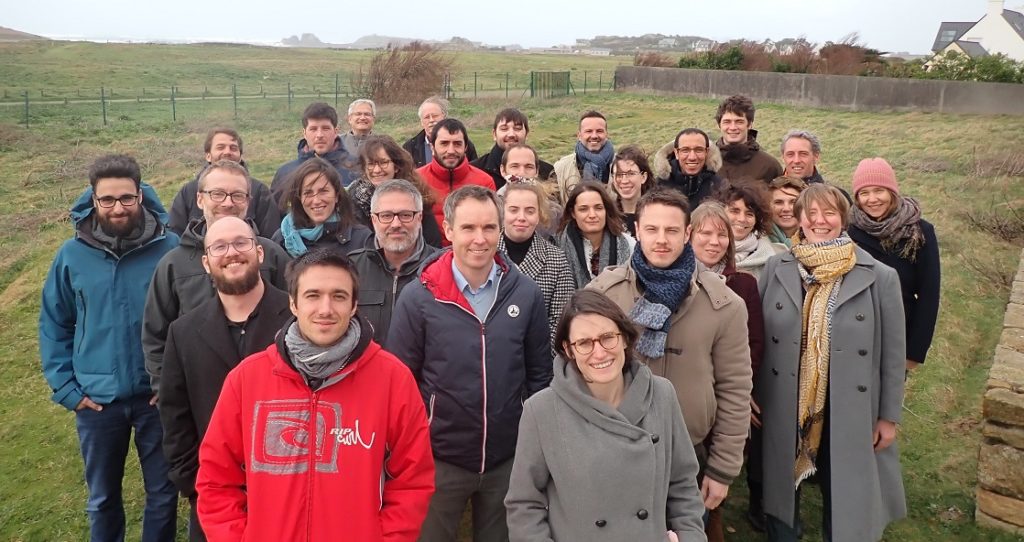By Herveline Gaborieau, Head of Development and Valorisation at France Énergies Marines
Tidal since the beginning
France Énergies Marines is France’s national institute charged with leading the country’s energy transition. Tidal energy has been an important area for our research and innovation projects since our foundation back in 2012. We have more than 20 collaborative R&D projects with a tidal energy focus to our name to date.
This focus is in recognition that the technology is highly promising, but still requires significant development in order to become a competitive source of energy. As such, the EU’s H2020 ELEMENT project is a great opportunity for us to join forces with leading European academic and industry partners and make a collective push forward.

Strong experience in environmental integration
Our role in the ELEMENT project is to oversee and monitor the environmental integration of Nova’s tidal turbines and the ELEMENT control system at the project’s tidal test site in the Étel estuary in Brittany, France. France Énergies Marines brings together analysis of both the physics and the biology involved in the deployment, in particular the interaction between the turbines and marine life.
We have a multi-disciplinary team working on the project and providing input on three core areas:
- Flow turbulence characterisation based on our experience working on the THYMOTE project and use of acoustic current profilers for measurement and data analysis. This data will help to determine the design of the tidal turbine’s behavioural models;
- Biofouling assessment based on our experience with the ABIOP /ABIOP+ and SPECIES projects. We will develop the criteria for current and future environmental assessment and engineering design, measuring such factors as wet weight, volume, seabed rock thickness (and ultimately roughness), diversity and functional groups;
- Assessment of the environmental impact of the tidal energy devices which will also tie in with development of the System Environmental and Social Acceptance module of another H2020 project – DTOceanPlus. In addition, we will contribute to the marine life collision risk model being developed by Nova Innovation.
Indicators for the whole offshore renewables sector
Together with project partners Nova Innovation, Chantier Bretagne Sud, the Offshore Renewable Energy (ORE) Catapult and WOOD, we will assess the environmental integration of tidal energy devices by combining on-site measuring with modelling studies. This will be followed by developing indicators that will be used in continuous monitoring in order to reduce the potential environmental impacts of offshore renewable energy.


